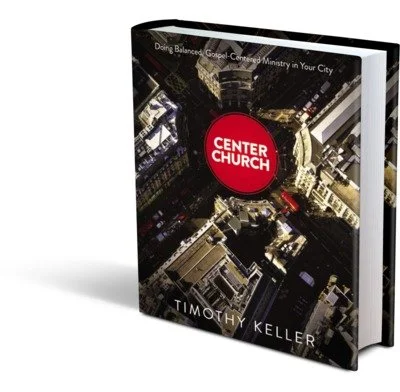Early in his church-planting work in New York City, the Rev. Tim Keller focused on what he called the Center City, which started in lower Manhattan, near Wall Street, and extended past Central Park.
The Presbyterian Church in America seminary professor camped in the old Tramway Diner under the 59th Street Bridge at 2nd Avenue, asking New Yorkers probing questions about their lives. He dug into the socialist Dissent Magazine to learn the city's secular lingo.
But New York was already evolving in 1989, when Redeemer Presbyterian Church opened its doors two weeks after Easter, said Tony Carnes, leader of the "A Journey through NYC Religions" website.
Changes began in the 1970s in the city's boroughs "with more internationals arriving from all over," including Global South cultures in which "no one doubts that faith is an important part of life," he said, reached by telephone. "It took time to see these changes affect Manhattan, but they did."
In 2000, Carnes' team found -- through a face-to-face census with church leaders -- 120 evangelical congregations in the Manhattan Center City. That number reached 197 a decade later, 251 in 2014, 308 in 2019 and are expected to near 370 in 2024.
"We know there are others, because we hear things all the time," said Carnes. "We just haven't found them all -- yet."
For decades, researchers considered New York City a lab for the brand of secularism defined by Harvard Divinity School historian Harvey Cox, author of the influential "The Secular City" in 1965. In a famous quotation, he noted: "Secular Humanism is opposed to other religions; it actively rejects, excludes, and attempts to eliminate traditional theism from meaningful participation in the American culture."
However, at sidewalk level it's obvious that there are "two New Yorks," noted Carnes. While secularism remains dominant in mass media, academia and other parts of the cultural establishment, the reality is more complex in Queens, Brooklyn, the Bronx, Staten Island and now parts of Manhattan.
It's hard to consider the Big Apple a truly "secular city," when considering the rising number of New Yorkers who are Muslims, Orthodox Jews, Hindus and evangelical and Pentecostal believers in Latino, Black, Asian, white and interracial flocks.










